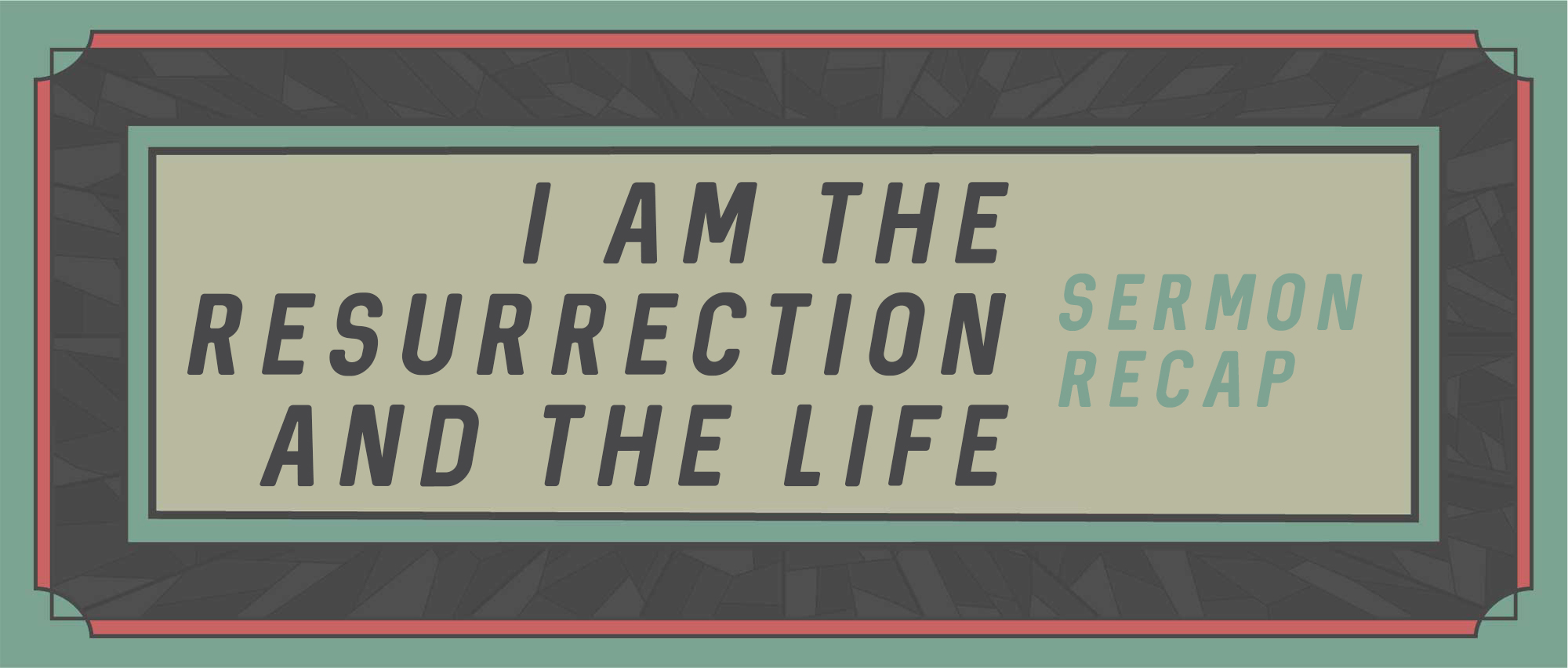USC students return to campus this week and Saturday kicks off Midtown College’s Best First Week Ever. College Staff members, Cole Simpson and Garrison Weiner, let us in on why they hope our college students will participate in the Freshman 15 and how we as a church family, can be praying for our college leaders and USC students…
Both Cole and Garrison originally connected with Midtown family during their first weeks as college freshmen at USC. Cole attended a Best First Week Ever event where two older college guys invited him to join their LifeGroup. While it was several months before he attended a Gathering, Cole participated in LifeGroup every week, growing in relationships and understanding of what it meant to be Jesus-centered family on mission. Garrison came to college as a very new believer and recalls that his plan had been to party and join a fraternity but instead, almost immediately met a group of Christian guys who welcomed him in. Through these guys inviting him into their lives, Garrison realized he no longer needed to search for friends elsewhere because he’d met his people.
Now adults and serving in staff roles with our church, Cole and Garrison have a desire to meet and connect with college students over the first fifteen days of the school year because they know personally how it can change the trajectory of a student’s time in college and beyond. The two men have spent the last year raising up and equipping thirty two college leaders in our church who are ready to be sent out to their campus in hopes of welcoming in new students to our church family.
The college team has planned several events on campus that will make up what we like to call Best First Week Ever. Each event is designed around the goal of connecting with students and inviting them into Jesus-centered community in hopes that they can experience why Jesus is better than anything else. Our college leaders have been challenged to participate in the Freshman 15 and for the first 15 nights of the school year plan hangouts that they can invite new people into. The team is also prepared to launch 8 new freshmen LifeGroups within these first few weeks. For the second year in a row, we also have the opportunity to host on-campus college Gatherings (called First Five) for the first five weeks of the semester all leading up to our College Fall Retreat.
As a church family we want to join our college team in prayer during this vital time in their ministry. Below you’ll find a prayer guide for each day of the Freshman 15. We’d invite you to print this off or save it to your phone as we join our students and staff in asking God to use them in welcoming people into His family and showing them that He’s better than anything else.
Freshman Fifteen Prayer Guide
August 20
Pray for our college leaders as they assist with Move-in Day today on USC’s campus. Pray for the students and families that they will meet and serve.
August 21
Pray for the students that will come out tonight to Best First Week Ever’s Concert at Cool Beans and our college leaders as they welcome them in and begin to connect.
August 22
Pray for our college students to have boldness to invite people they’ve met to hang out and pray for the first evening of hangouts our students have planned.
August 23
Today is the first day of classes at USC. Pray for our continued favor on campus and for Midtown students to be used by God in their classes this semester.
August 24
Pray for our 8 new LifeGroups that will be forming and the leaders who are prayerfully seeking people to invite into them. Pray specifically that non-believers will join and through it, come to know God’s love for them.
August 25
Pray for tonight’s hangouts and for our students to be in tune with if there are people they’ve met who they should invite to tomorrow’s Gathering. Pray for new students who may attend a Gathering for the first time. (This would be an extra great Sunday for many of us to arrive 15 minutes early to in hopes that God might use us to connect with new students)
August 26
Pray for our Block Party after the 11:15 Gathering. Pray that new students would stick around, connect, and get a glimpse of what we are all about. (All of church family is invited to this event! There will be food trucks and more opportunities to create margin around our Gathering time)
August 27
Pray for students that will come out tonight for Best First Week Ever’s Music at the Russell. Pray for conversations that will be had and relationships that are forming.
August 28
Pray for our new Freshmen LifeGroup Leaders as they are continuing to invite in and put on display what it means to be Jesus-centered family on mission.
August 29
Pray for tomorrow night’s on-campus college Gathering (“First Five”) Pray for new students to attend and that believers and non-believers alike will feel welcomed.
August 30
Pray for Michael Bailey as he teaches out of Ecclesiastes tonight at First Five. Pray for the college students in attendance as they hear the truth that Jesus is better than anything else.
August 31
Pray for our leaders as they follow up with students who attended First Five. Pray for tonight’s hangouts and for our leaders to continue to have energy and not grow weary.
September 1
Pray for continued conversations between new students and our college leaders. Pray for relationships to be formed.
September 2
Pray for today’s gathering and specifically for college students who may attend for the very first time.
September 3
Pray for college leadership as they continue ministry throughout the year. Pray specifically pray for the next four weeks of “First Five” that will lead up to College Fall Retreat.





























![W14]_SR_PL.jpg](https://images.squarespace-cdn.com/content/v1/559abcdae4b078c942e5c735/1525095866750-JX3O5SFQ0DPNGLF9F4IP/W14%5D_SR_PL.jpg)




